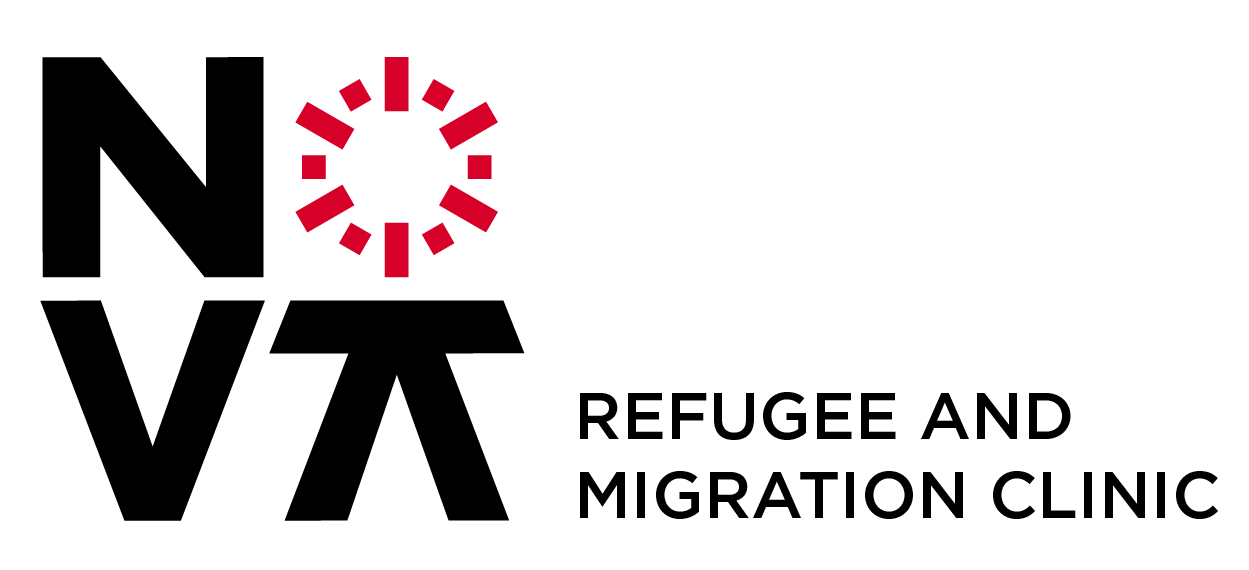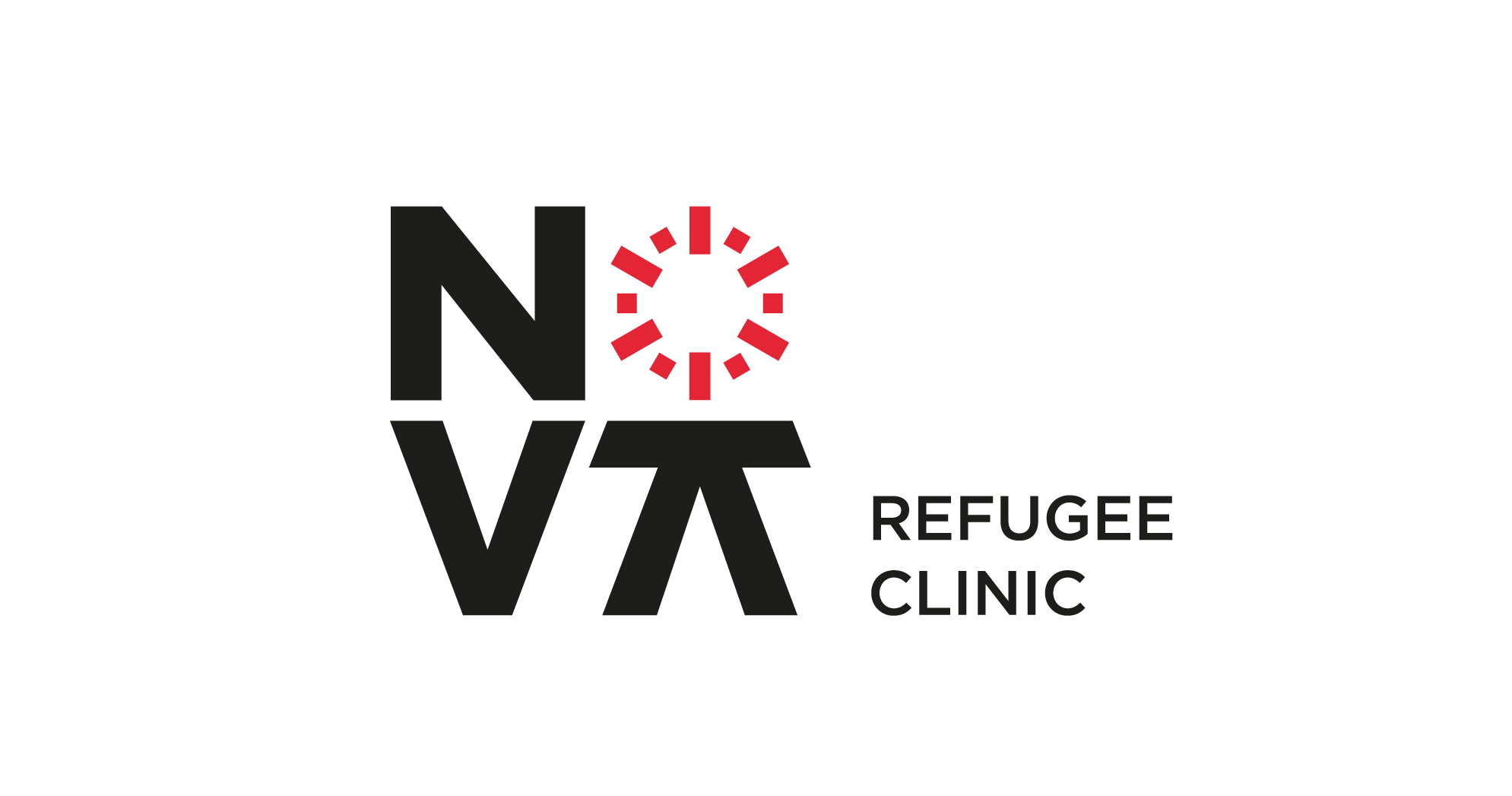By Cinzia Dimonte ABSTRACT This blogpost examines the main challenges faced by LGBTIQ+ asylum seekers and calls for a fair asylum process in Europe, emphasizing the need to respect human rights, recognize persisting biases, and address intersectionality. Keywords SOGIESC, LGBTIQ+, asylum law, intersectionality Introduction Asylum seekers with diverse sexual orientation, gender identity and expression, and sex characteristics (SOGIESC) face unique experiences, such
Mariana Cavalheiro Galvão Abstract The use of migration for political purposes has raised concerns within the European Union. This blog post critically analyses the main EU policy and legal responses and proposals on the instrumentalisation of migration, emphasising the need for an approach centred more on individuals and less on the security of the EU. For these purposes, it examines
Luana Cardoso and Matilde Felgueiras Abstract The Temporary Protection Directive was activated only once, in 2022, due to the Russo-Ukrainian War and has raised concerns of racialized discrepancies in the treatment of different refugee ‘crises’. This blogpost explores the reasons put forward for not activating the TPD in relation to the 2015/2016 ‘crisis’ and for activating it in 2022, and
Maria Marques, Susana Brazão and Vittoria Moccia Abstract This blogpost explores the issue of climate-induced displacement and the limits of legal protection, critically examining the main international and EU legal frameworks and policies. It advocates for recognising the protection needs arising from climate-induced displacement, as opposed to security-based approaches. Current international refugee and human rights regimes fall short of a satisfactory solution. Regionally, the EU leans more towards security than protection,
This blogpost puts forward some reflections on Polish migration policies. More specifically, it addresses the sharp contrast between Poland’s treatment of people fleeing the Russo-Ukrainian war and its approach to previous migration ‘crises’. The blogpost outlines the main contradictions and their relationship with EU policies, while emphasizing the role played by civil society actors, either as critical voices of immigration policies or as instruments of migration governance.






